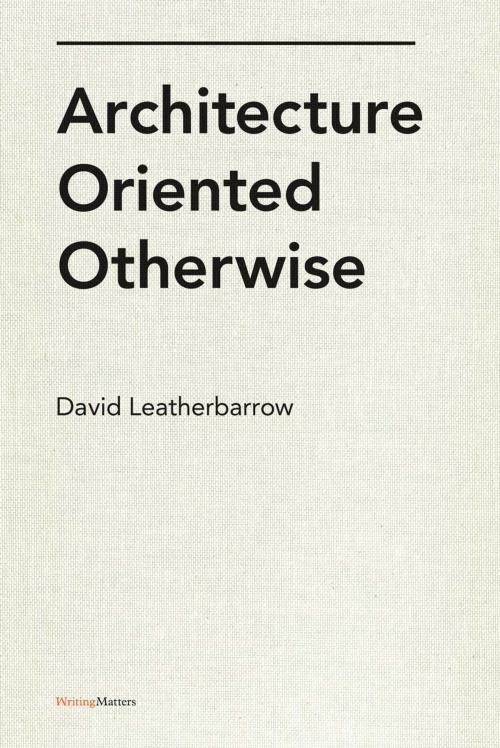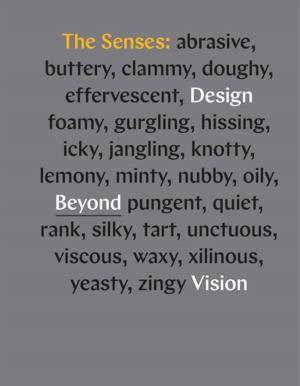| Author: | David Leatherbarrow | ISBN: | 9781568989617 |
| Publisher: | Princeton Architectural Press | Publication: | April 17, 2012 |
| Imprint: | Princeton Architectural Press | Language: | English |
| Author: | David Leatherbarrow |
| ISBN: | 9781568989617 |
| Publisher: | Princeton Architectural Press |
| Publication: | April 17, 2012 |
| Imprint: | Princeton Architectural Press |
| Language: | English |
So much writing about architecture tends to evaluate it on the basis of its intentions: how closely it corresponds to the artistic will of the designer, the technical skills of the builder, or whether it reflects the spirit of the place and time in which it was built, making it not much more than the willful (or even subconscious) assemblage of objects that result from design and construction techniques. Renowned writer and thinker David Leatherbarrow, in this groundbreaking new book, argues for a richer and more profound, but also simpler, way of thinking about architecture, namely on the basis of how it performs. Not simply how it functions, but how it acts, "its manner of existing in the world," including its effects on the observers and inhabitants of a building as well as on the landscape that situates it. In the process, Leatherbarrow transforms our way of discussing buildings from a passive technical or programmatic assessment to a highly active and engaged examination of the lives and performances, intended and otherwise, of buildings.
So much writing about architecture tends to evaluate it on the basis of its intentions: how closely it corresponds to the artistic will of the designer, the technical skills of the builder, or whether it reflects the spirit of the place and time in which it was built, making it not much more than the willful (or even subconscious) assemblage of objects that result from design and construction techniques. Renowned writer and thinker David Leatherbarrow, in this groundbreaking new book, argues for a richer and more profound, but also simpler, way of thinking about architecture, namely on the basis of how it performs. Not simply how it functions, but how it acts, "its manner of existing in the world," including its effects on the observers and inhabitants of a building as well as on the landscape that situates it. In the process, Leatherbarrow transforms our way of discussing buildings from a passive technical or programmatic assessment to a highly active and engaged examination of the lives and performances, intended and otherwise, of buildings.















